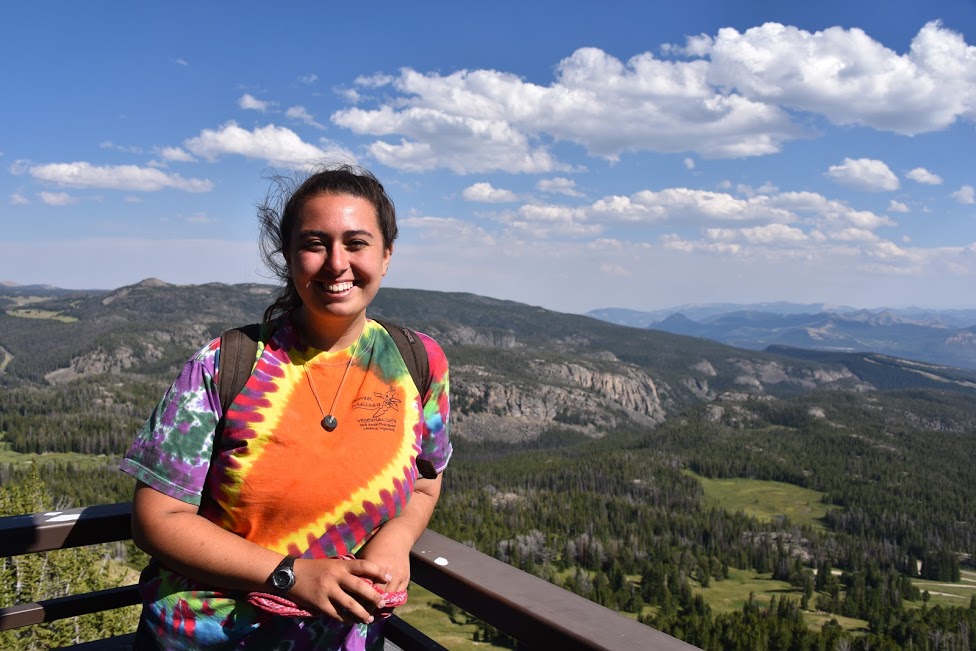I believe that I accomplished quite a lot during my time as a naturalist educator at the Frick Environmental Center (FEC). I think the most important accomplishment is that I have become a better educator and a better environmentalist. The FEC’s mission regarding the educational programs is to help students gain a better understanding of the natural world and encourage them to take an active role in improving it. I believe that I have contributed to this in small ways, such as giving small encouragements and kind words to students as they learn and also by always allowing them to express themselves in relation to the natural world. I have experienced students exclaiming about the bugs they have found, asking curious questions about why leaves have bumps on them, and working diligently on creative drawing assignments when they previous felt like they were unable. I aimed to connect to Pittsburgh’s urban parks and to create nurturing interactions between myself, the young students, and the environment. Not only have I felt the connections made between the students, but I have also learned a lot about myself.
When I started working at FEC I believed that I would be simply teaching the students about the natural world, but I found that I received much enjoyment watching their excitement and curiosity and that they taught me as well.
As educators we are taught the Simple Interactions model, an instrument for observing adult-child activity interactions across developmental settings. This tool outlines connection, reciprocity, progression, and participation. When using this model, we provide feedback to our fellow educators using the three phrases “I noticed…”, “I see…”, and “I wonder…” because it allows us to grow together while emphasizing the parts of education that we do well (and could improve on). Reciprocity allow us to discover how to balance roles of engagement, connection is important in realizing the mutually positive (or appropriate) reactions, progression allows for incremental growth with matching support, and participation is involving those who are less likely to engage. We realize that this model is not always perfect nor is it all encompassing, however it provides a malleable outline for feedback and improvement. While teaching, I look to utilize these four models of interaction when teaching the students about the natural world and the processes in it. Doing this allows for me to grow as an educator and create a worthwhile experience for the students.
